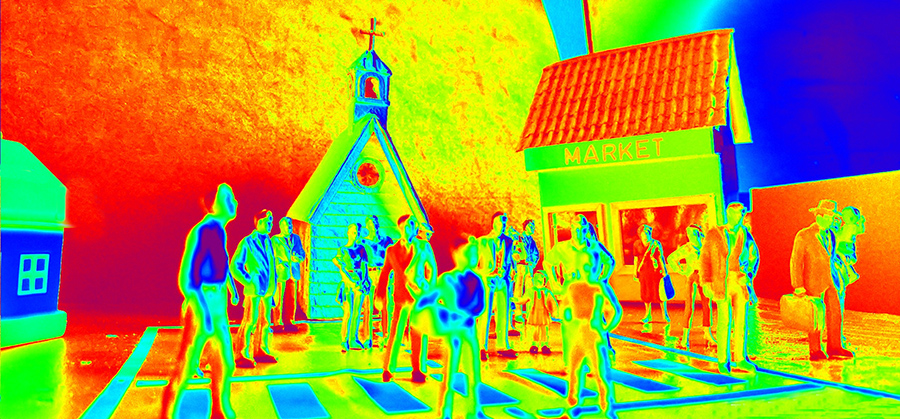A centerpiece of Web 3 is the metaverse – an immersive online space that recreates and augments reality, as envisioned by developers, businesses and even jokes from the U.S. government.
Its most prominent champion may be web mogul Mark Zuckerberg – but Zuckerberg should beware: If his vision is a success, it could prompt a massive regulatory backlash from governments who normally seek to control the services that enter their territory, warns Sam Lowe, a trade policy consultant at Flint Global, in an interview with CoinDesk.
Zuckerberg’s vision of a metaverse where people from across the world can share and exchange may be nothing new, argues Lowe, previously a researcher at think tank the Centre for European Reform. Facebook’s existing social media site, and many online games that allow for buying and selling in a virtual world, already share its main features. But the ambitions of Meta, as the company is now known, may reach much further, creating an online space where people spend the bulk of their work and leisure time.
Countries already restrict trade for a number of reasons – they want to protect domestic jobs, or their citizens’ privacy, or what they perceive to be national security – and, Lowe argues, the metaverse could be next.
Worse still, regulators often come to new technologies after they’ve already bedded in – the backlash against crypto sites like Binance being just an example – by which time finding a workable solution can prove impossible. In the financial sector, for example, securities regulators are just now examining the role social media advice on sites like Reddit play in influencing investment decisions, and are looking for ideas about what to do about it. The EU and U.S. have also been caught in a long struggle about how to share personal data across borders, and Lowe fears that recent news of a breakthrough may prove short lived.
Anyone attempting to build a career in the metaverse could find that hastily thought through regulations could render their business model unviable after it’s too late, he warns.
The following interview, conducted via Zoom, has been edited for brevity and clarity.




